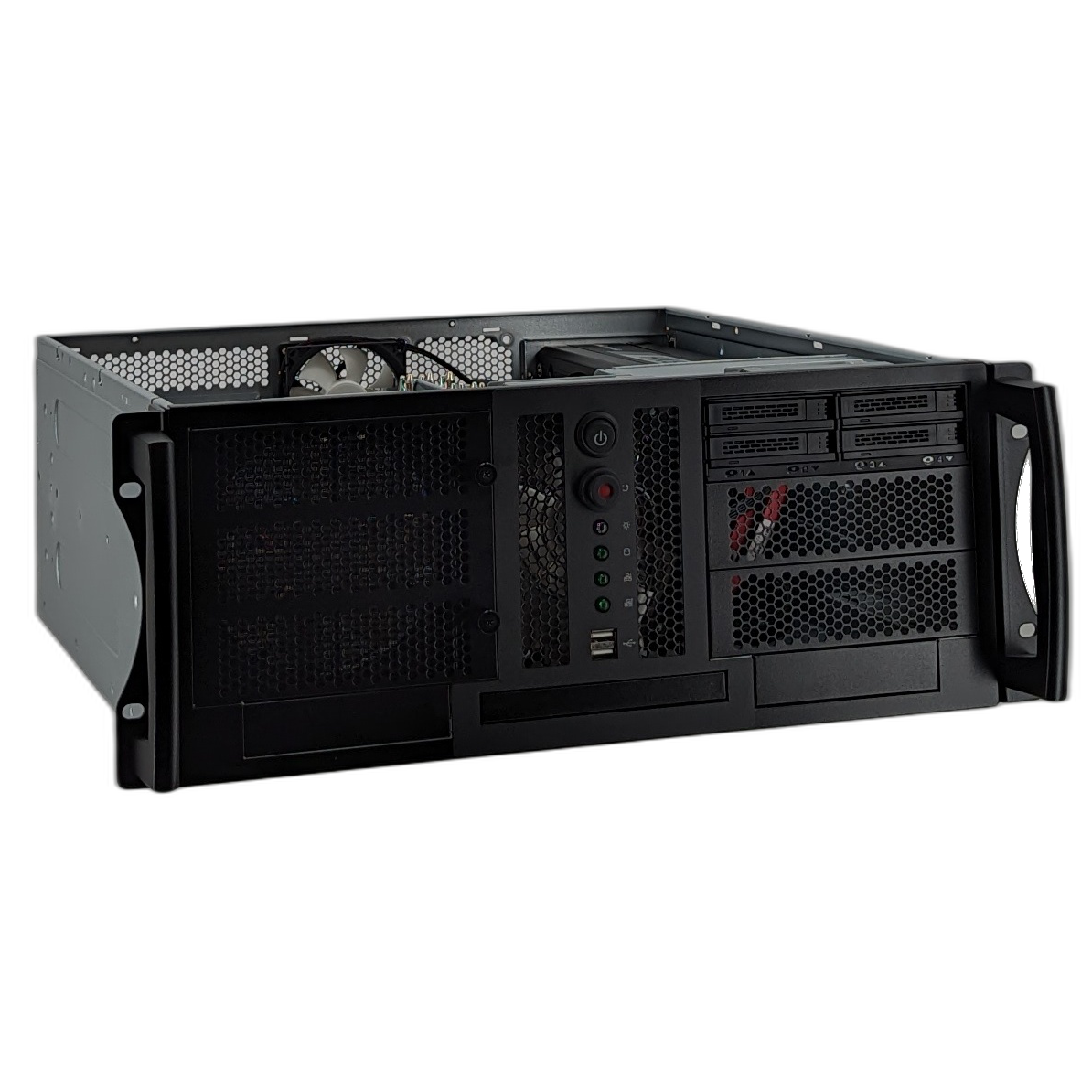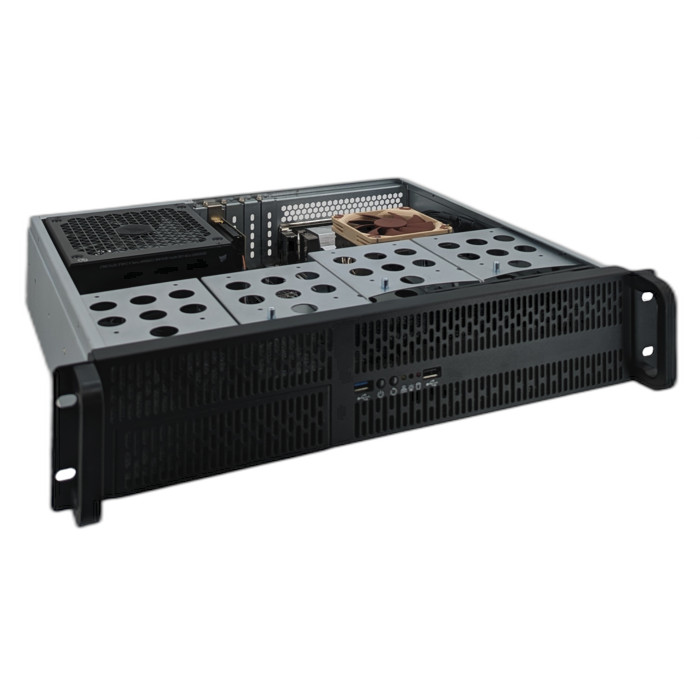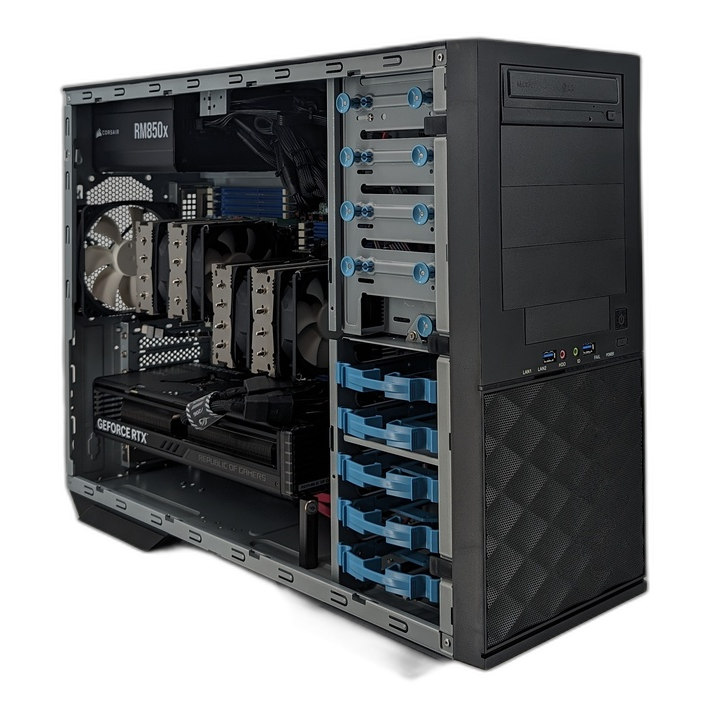Silent AMD EPYC 4005 Series
A Superior Choice for Entry-Level Servers
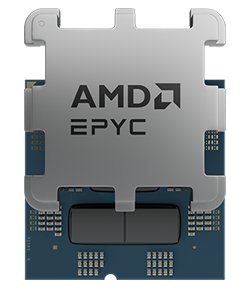
The AMD EPYC 4005 series offers several advantages over Intel's Xeon E series, making it a compelling option for entry-level server deployments. With higher core counts, advanced security features, and improved performance, the EPYC 4005 series is well-suited for demanding workloads and applications.
Higher Core Counts for Improved Performance
The EPYC 4005 series boasts up to 16 cores and 32 threads, significantly outpacing Intel's Xeon E series, which tops out at 8 cores. This increased core density enables better multitasking, improved performance in demanding workloads, and enhanced overall system efficiency. Whether you're running virtual machines, databases, or other resource-intensive applications, the EPYC 4005 series provides the processing power you need to get the job done.
AVX-512: Accelerating Vectorized Workloads
The EPYC 4005 series features full 512-bit AVX-512 instruction support, providing substantial performance gains in vectorized workloads like scientific simulations, high-throughput analytics, and AI-enhanced applications. This is particularly important for applications that rely heavily on floating-point operations, such as data compression, encryption, and scientific modeling. In contrast, Intel's Xeon E series only supports AVX2, limiting its performance in these workloads.
Greater DDR5 Capacity and Speed
The EPYC 4005 series supports DDR5-5600 ECC UDIMM memory, offering higher bandwidth and capacity than Intel's Xeon E series. This increased memory capacity and speed enable better performance in memory-intensive workloads, such as data analytics, virtualization, and cloud computing. With more memory and faster data transfer rates, you can run more applications simultaneously and enjoy improved overall system responsiveness.
Robust Security Features
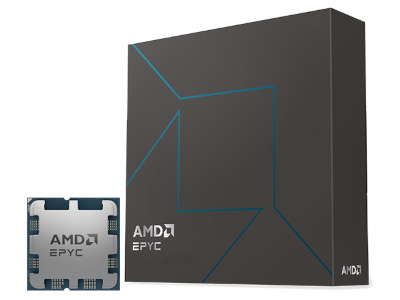
The EPYC 4005 series includes advanced security features like AMD Infinity Guard, which provides a modern, multi-layered approach to security. This includes features like Secure Boot, TPM, and memory encryption, ensuring robust protection for sensitive data. With the EPYC 4005 series, you can trust that your data is secure and protected from unauthorized access.
PCIe Lanes
The EPYC 4005 series provides up to 28 lanes of PCIe Gen 5.0, offering faster transfer speeds and increased bandwidth. In comparison, Intel's Xeon E series typically offers up to 20 PCIe lanes. The EPYC 4005 series' PCIe 5.0 lanes enable faster data transfer and improved performance in demanding workloads.
Comparison of PCIe Lanes
| Processor Series | Total PCIe Lanes |
|---|---|
| AMD EPYC 4005 | Up to 28 (PCIe 5.0) |
| Intel Xeon E | Up to 20 (PCIe 4.0 or 3.0) |
Why Buy a Quiet Server from SilentPC?
- Expertly curated components: SilentPC selects components optimized for noise reduction and performance.
- Custom-built solutions: Get tailored solutions meeting specific needs and budgets.
- Low noise guarantee: SilentPC ensures systems meet strict noise standards.
- Warranty and support: Comprehensive warranty and dedicated support team.
Here are some systems featuring the Epyc 4005 CPU
EPYC 4005 4U Rackmount Server
- AMD Eypc 4005 Series up to 16 cores
- Max 192GB 5600MHz ECC DDR5
- 19.0in W x 17.5in D x 6.9in H
- Short depth 4u Server with Dual SFP 25 Gigabit LAN, Dual Gigabit Ethernet, and IPMI management LAN. The 4U Case allows for more cooling, more drives, and some GPU options.
Starting at $3,460.00
2U Rackmount Server - AMD EPYC 4005
- AMD Eypc 4005 Series up to 16 cores
- Max 192GB 5600MHz ECC DDR5
- 19.0in W x 16.5in D x 3.5in H
- Short depth 2u Server with Dual SFP 25 Gigabit LAN, Dual Gigabit Ethernet, and IPMI management LAN
Starting at $3,150.00
EPYC 4005 Tower Server
- AMD Eypc 4005 Series up to 16 cores
- Max 192GB 5600MHz ECC DDR5
- 7.9in W x 22.1in D x 16.9in H
- Full Tower Server with Dual SFP 25 Gigabit LAN, Dual Gigabit Ethernet, and IPMI management LAN. The Tower Case allows for more cooling, more drives, and a wide variety of Full Size GPU options.
